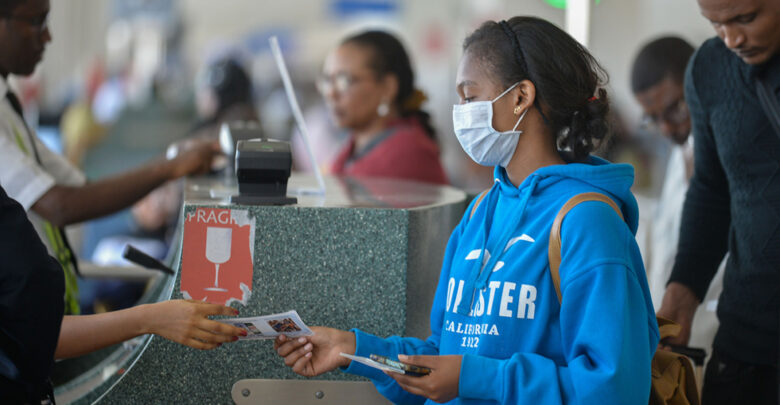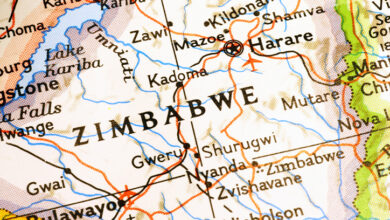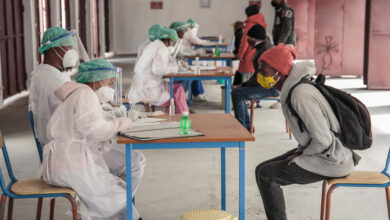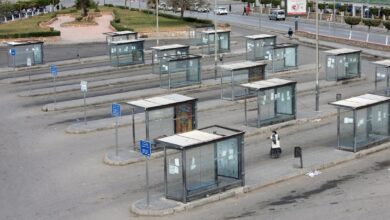Zimbabwe
Zimbabwe: Government Bans Traditional Funerals Amid Increasing Coronavirus Cases

Zimbabwe government on Monday banned families from transporting their dead relatives between cities, as part of measures to stop traditional funeral rites that are believed to be increasing the spread of the coronavirus, reported CGTN Africa.
As per traditional funeral customs in Zimbabwe, families take the dead to their areas of birth for ceremonies and burial.
But amid increasing coronavirus cases in the country, the police have also banned public viewing of dead bodies and the tradition of keeping the corpse in the family’s home for a night before burial.
“Police will only clear body movements for burial straight from a funeral parlor/hospital mortuary to the burial site,” police spokesman Paul Nyathi said on Monday.
Zimbabwe initially recorded very few COVID-19 cases like many other African countries but the number has rapidly increased in recent weeks. Health experts fear that a new, more infectious variant of the virus traced in South Africa has arrived in the country when scores of thousands of Zimbabweans living in South Africa returned home for the festive season.
“The strain has been imported into Zimbabwe but we are in the process of conducting genetic sequencing to confirm this,” said Portia Manangazira, the Director of Epidemiology and Disease Control.
The Zimbabwe government tightened coronavirus restrictions earlier in the month. The restrictions included a 6 pm to 6 am curfew and a ban on inter-city travel.
Only essential service providers like hospitals, pharmacies, and supermarkets have been allowed to remain operational for the next 30 days. The number of people at funerals has been limited to 30. Gatherings at weddings, churches, bars, bottle stores, gyms, and restaurants have been banned. The opening of schools and educational institutions has also been postponed for some time.
The country recorded 22,297 cases and 528 deaths so far. The recoveries stand at 13,213.






